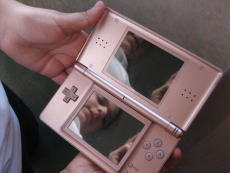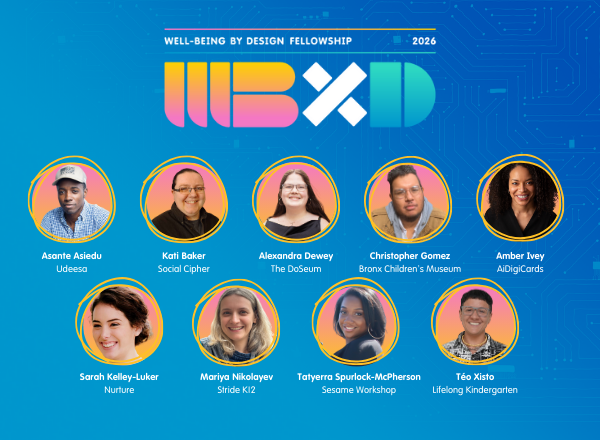
Researchers from the Joan Ganz Cooney Center observed four ordinary 8-year-old girls to get a sense of what they are doing on Club Penguin, with their Nintendo DS systems, and on the Internet and why. We also asked their parents what they think their children might be learning from this daily diet of digital technologies.
Starting at about age 6, children begin to make use of digital media technologies on a daily basis. While large-scale studies have documented the types of media that today’s youth are devoting increasing amounts of time to, we still know little about how and why they are using these media, and what they might be learning as a result. And while educational visionaries claim that digital media provide opportunities for children to develop skills and understandings important for life and success in the 21st century (e.g., Gee, 2003; Jenkins, 2006; Shore, 2008), a small percentage of this writing grounds these claims in empirical research.
“Kids Closer Up” examines the potential of digital media in supporting these important forms of learning outside of school, and provides rich details on the processes that larger-scale studies on children’s media use cannot. It will describe the function that video games, the Web, mobile devices, and other emerging technologies play in young children’s everyday learning. Questions addressed by this research include:
- How and where are children having their first experiences with technology? What roles are parents and others playing in these initial experiences?
- What opportunities do these platforms provide for children to develop technical, design, critical thinking, collaboration, and other 21st century skills?
- How is a child’s engagement with digital media related to family values, relationships with peers and siblings; patterns of learning, and identity development?
The purpose of the case study approach is to provide rich illustrations of 21st century skill development and parental support of this development to be used to inform the design of new technologies, programs, and policies.
Families Matter reports on two of the four Kids Closer Up case studies, and pays particular attention to the ways in which families-parents, siblings, and grandparents; values, routines, and rules; and socio-cultural and economic characteristics-shape children’s engagement with digital media.

